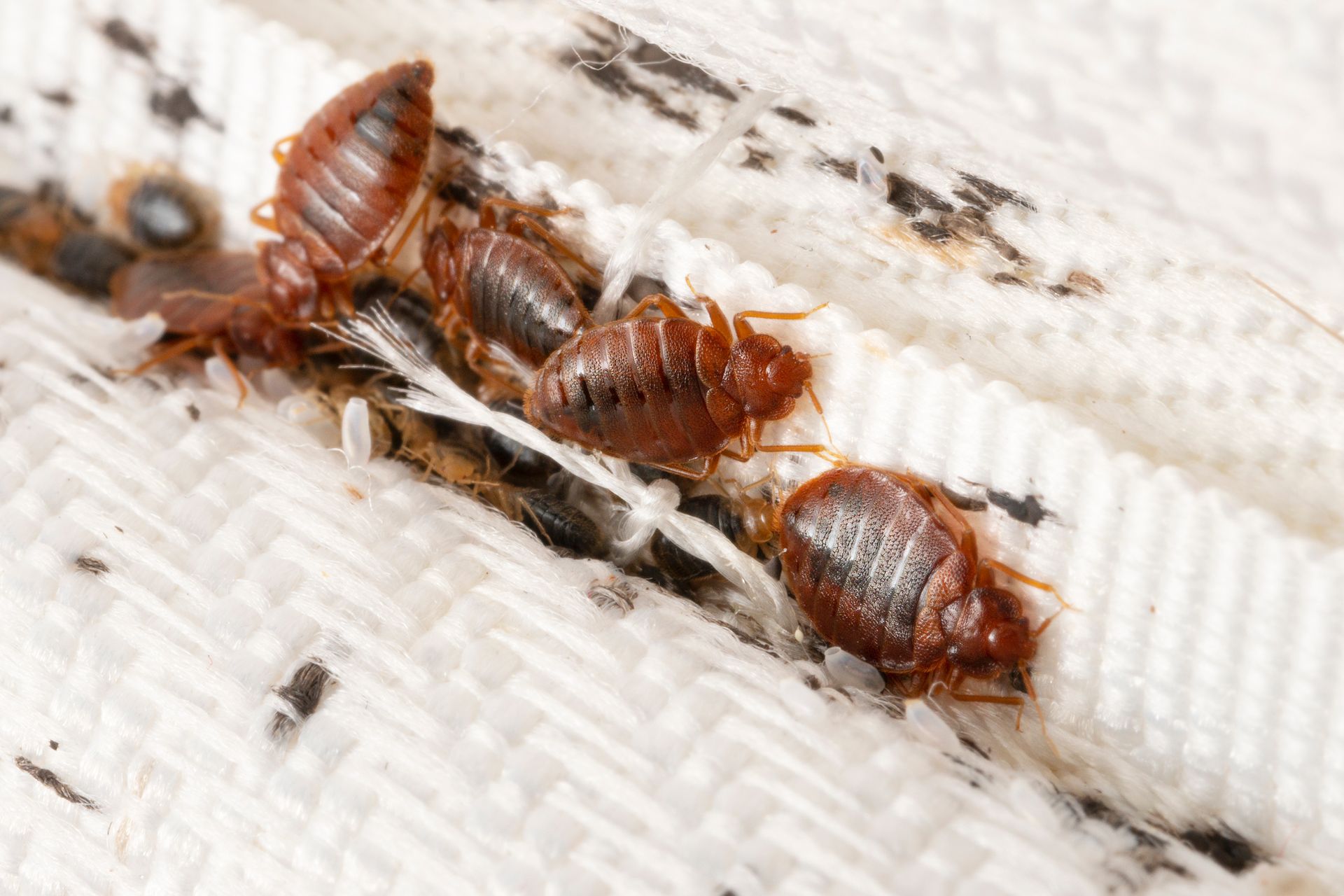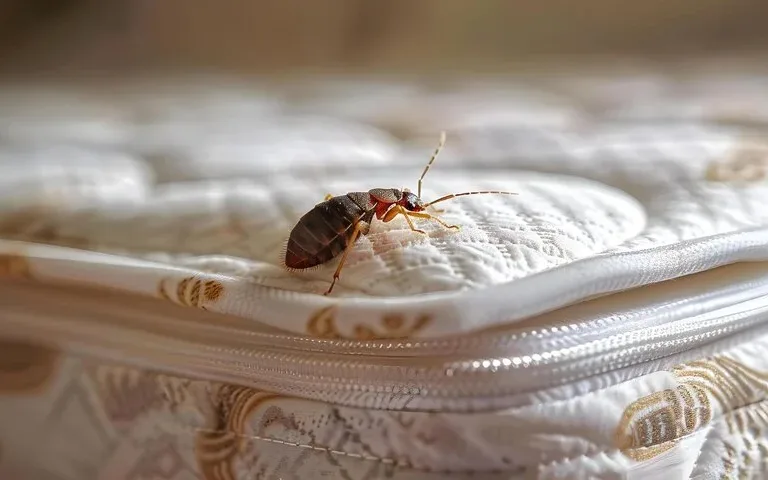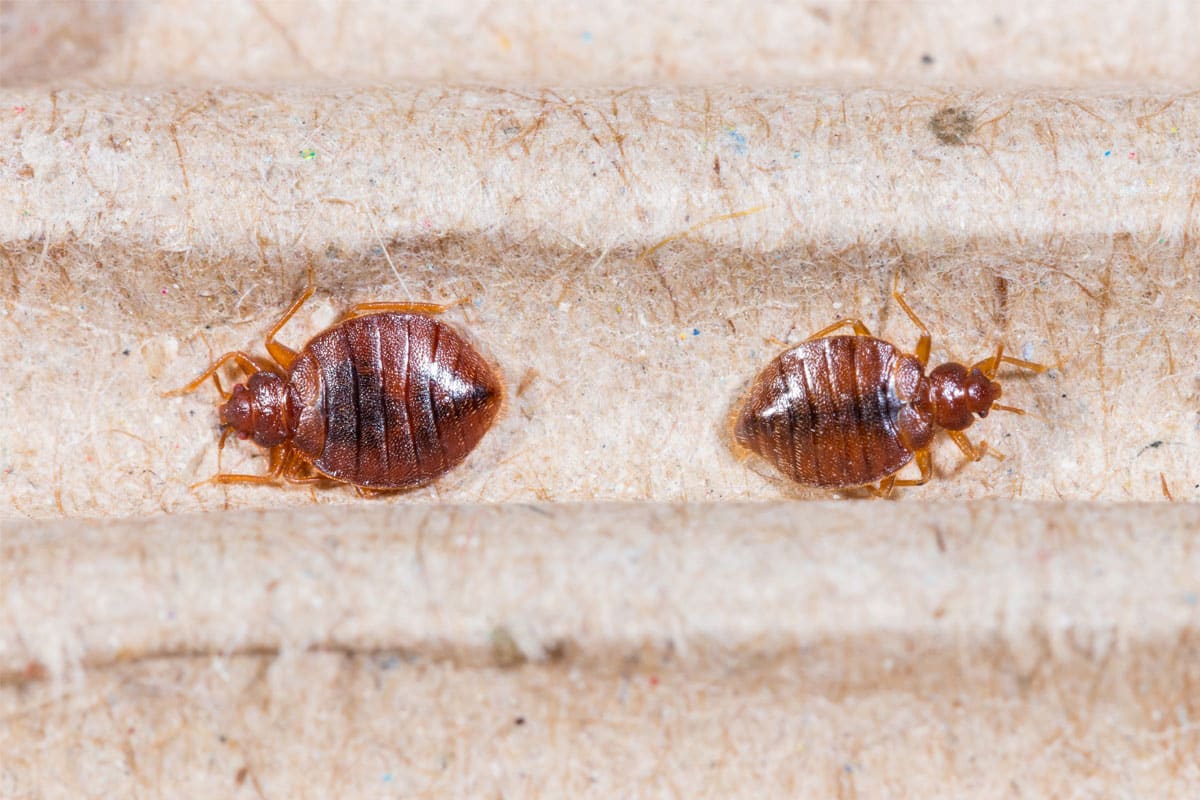Efficient Bed Insect Treatment Methods: A Secret Component of Insect Control
The revival of bed insect invasions has highlighted the requirement for reliable therapy strategies within the bug control market. These durable insects, efficient in evading conventional methods, demand a complex technique that includes both typical and ingenious methods. Comprehending their behavior is important, as is the application of innovative modern technologies and safety nets. Yet, regardless of the variety of alternatives available, the question remains: what mix of methods proves most reliable in not only eliminating these insects yet likewise avoiding their return? Discovering this complicated issue can cause even more informed methods and far better outcomes for those affected.
Recognizing Bed Bug Behavior

Among the defining features of bed insects is their capability to reproduce swiftly. A single female can lay thousands of eggs in her life time, bring about quick populace growth if left untreated. Additionally, bed pests can make it through for several months without feeding, permitting them to withstand durations of host absence, which can prevent prompt administration initiatives.

Standard Treatment Techniques
While modern strategies to bed insect monitoring have obtained popularity, typical treatment techniques remain fundamental in addressing invasions. These methods mostly consist of chemical treatments and physical interventions.
Chemical chemicals, such as pyrethroids and neonicotinoids, have been traditionally utilized to remove bed insects. These materials work by interrupting the nerve system of the insects, bring about their eventual demise. Due to the development of resistance amongst bed pest populations, performance can vary.
Physical approaches, including heat treatment, have likewise been part of typical techniques. This entails increasing the temperature level of ravaged areas to a lethal level for bed pests, usually around 120 ° F(49 ° C) for continual periods. This technique is specifically beneficial as it can permeate different products and does not leave chemical deposits.
In addition, thorough cleaning methods, such as vacuuming and cleaning infested bed linen and clothes, are necessary in this strategy. Securing fractures and crevices, along with using mattress encasements, can also prevent bed bugs from establishing themselves in living spaces. Jointly, these traditional methods offer an important foundation for handling bed bug infestations properly.
Modern Innovations in Treatment
The landscape of bed pest treatment has progressed considerably with the advent of modern-day advancements that enhance effectiveness and performance in managing infestations - Bed Bug Treatment. Among one of the most significant developments is making use of warmth therapy, which includes raising the temperature of ravaged locations to degrees dangerous to bed insects. This method not only removes grown-up insects yet likewise targets eggs, thus disrupting their reproductive cycle
An additional development is the implementation of innovative tracking systems, such as bed bug discovery dogs and sophisticated catches geared up with sensors. These devices aid determine invasions early, permitting for prompt intervention. Furthermore, the advancement of pesticides with novel settings of action, made to overcome resistance, ensures that parasite control specialists have efficient choices at their disposal.
Furthermore, the combination of modern technology in bug control administration, such as information analytics and mobile applications for tracking and reporting infestations, improves the therapy process. These developments jointly add to even more lasting and reliable bed bug administration approaches, mirroring the industry's recurring commitment to improving parasite control end results. Therefore, both residential or commercial property owners and insect management professionals can approach infestations with better self-confidence and accuracy.
Preventative Procedures for Invasions
Efficient prevention techniques are essential in reducing the risk of bed pest problems, with positive procedures playing an important role in protecting both residential and commercial spaces. One of one of the most efficient techniques is normal assessments of living and workspace, particularly in position where people frequently collect, such as resorts and public transportation. Early detection can significantly lower the opportunities of an invasion coming to be established.

One more preventive procedure involves the careful evaluation of second-hand furniture and clothing before bringing them into your space. Making use of protective coverings on mattresses and box springs can likewise offer an effective obstacle versus bed bugs.
Last but not least, enlightening residents Bed Bug Heat Treatment and employees concerning the indications of bed bug visibility, such as little blood spots or dark places on sheets, equips people to act rapidly if they believe an infestation, therefore decreasing the probability of widespread problems.
(Bed Bug Spray)
When to Seek Professional Assistance
Recognizing the signs of a bed bug invasion at an early stage can make a significant distinction in handling the trouble successfully. Little, brownish pests, in addition to rustic stains on bedding, are indications that should not be forgotten. If these indications are apparent, it is important to examine the extent of the situation.
Looking for specialist help is suggested when the infestation is considerable or when DIY approaches fall short to produce results. Bed pests are infamously resistant, and their capability to conceal in hard-to-reach areas makes complex treatment efforts. If you see that bed pests come back despite duplicated efforts to eradicate them, it may be time to consult an insect control specialist. If you live in a multi-unit structure, it is essential to include specialists early on to prevent the spread of the infestation to surrounding devices.
Last but not least, people with allergic reactions or respiratory problems must focus on specialist treatment. The chemicals made use of in parasite control can posture wellness threats otherwise used appropriately. Inevitably, involving a licensed pest control service ensures a comprehensive and efficient resolution to bed bug problems, protecting your home and health and wellness.
Conclusion
Effective bed insect treatment techniques are crucial in regulating problems and minimizing their effect. A detailed method that combines traditional methods with modern technologies enhances treatment effectiveness and addresses resistance concerns. Preventative steps and normal assessments play an essential role in reducing the chance of problems. Inevitably, recognizing bed insect actions and recognizing when to seek professional assistance ensure that effective monitoring techniques are used, adding to long-term insect control success.